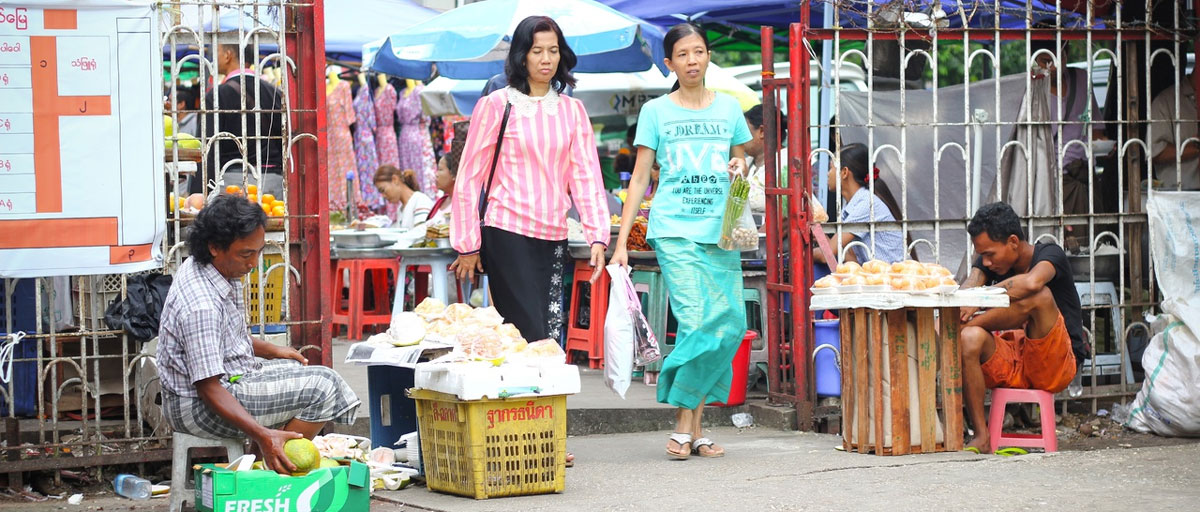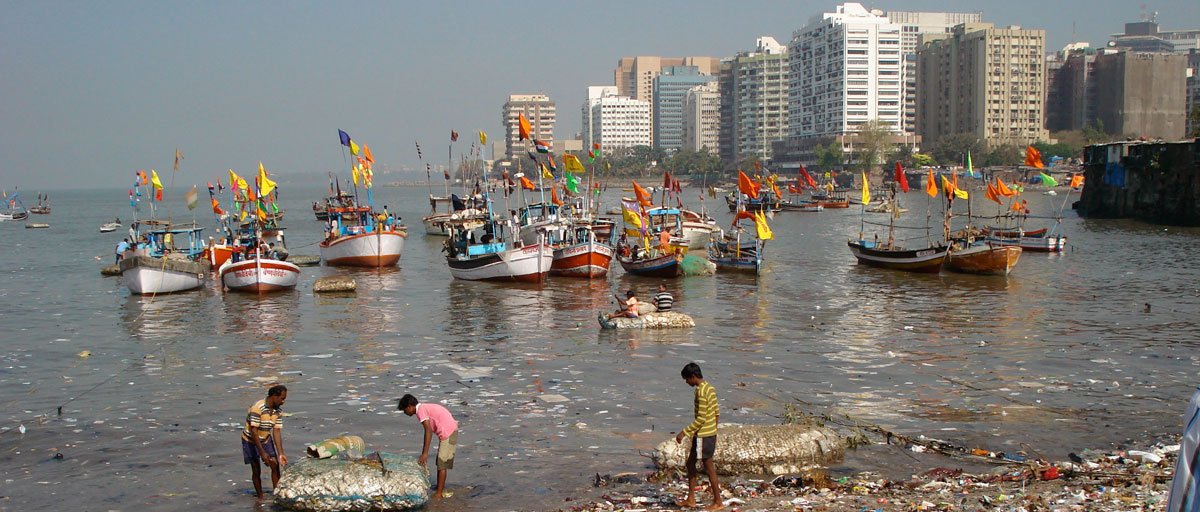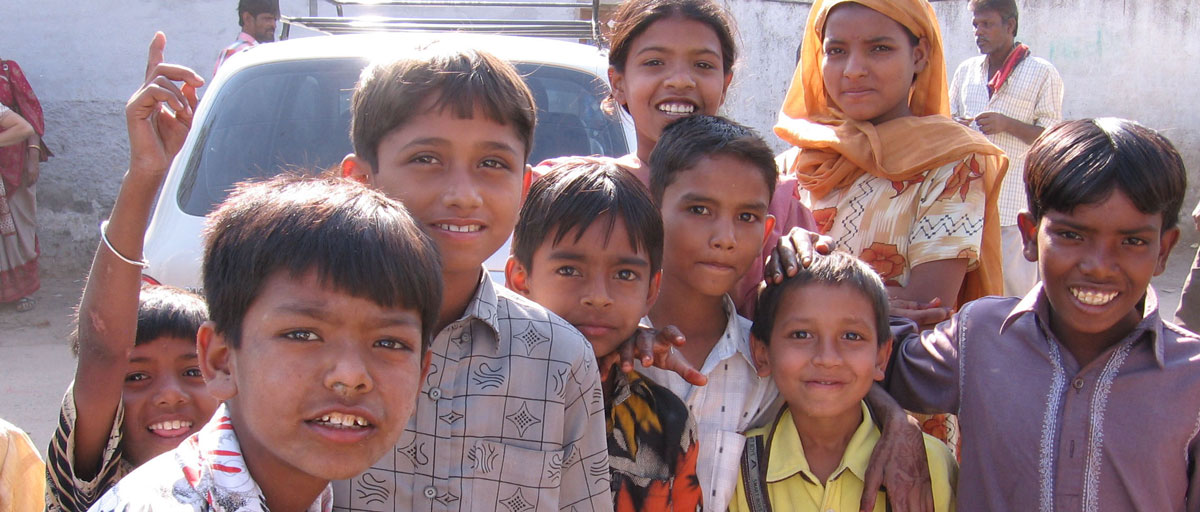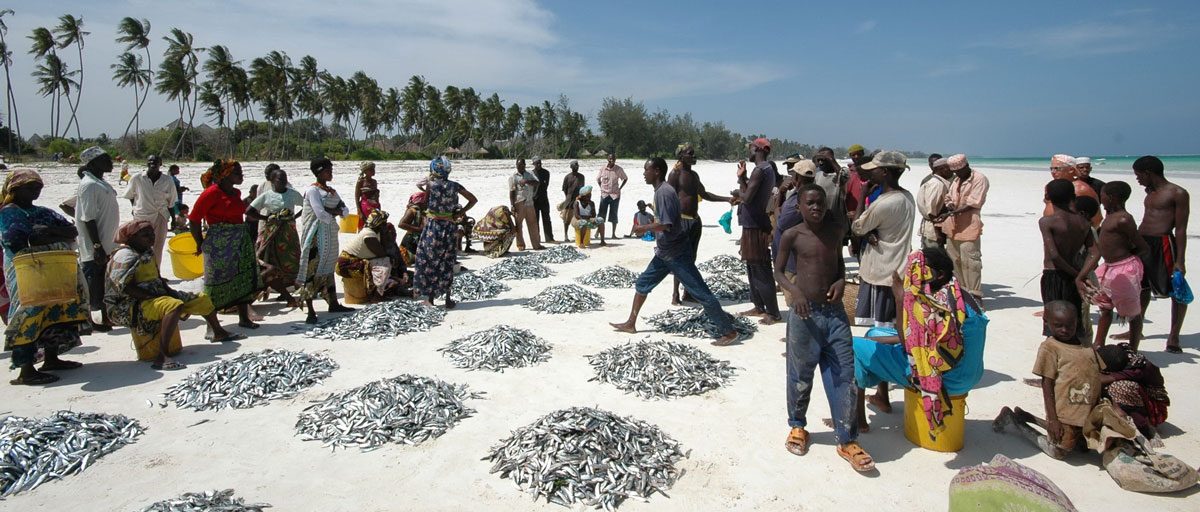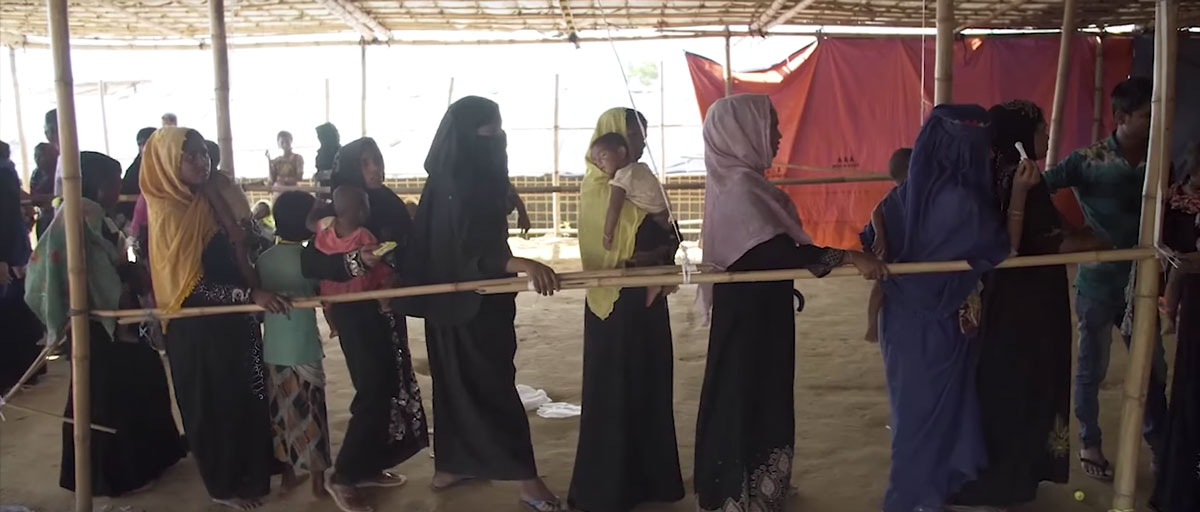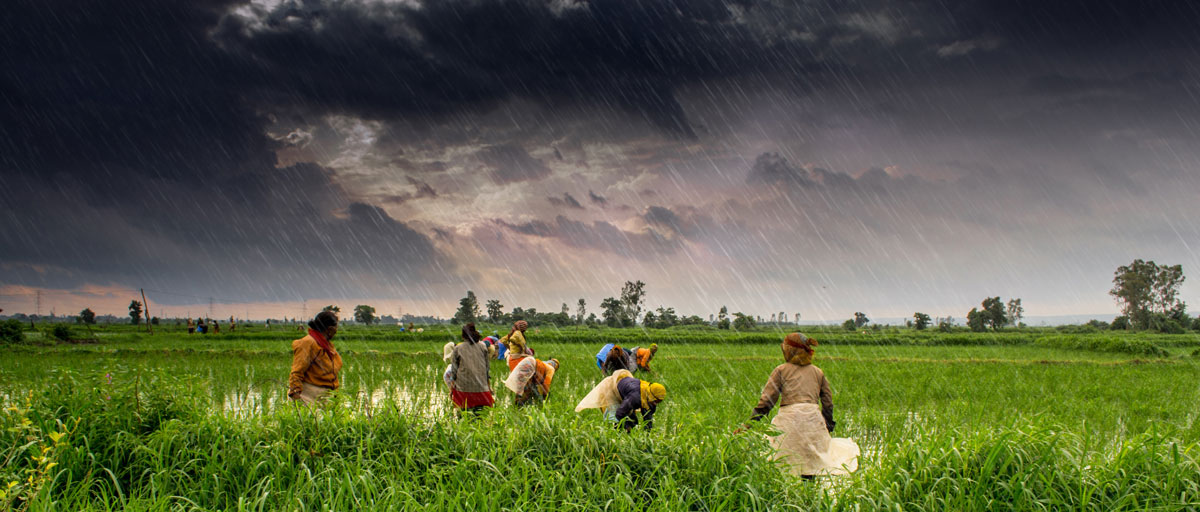
How can we do development differently? In a series of deep dives, centre researchers and partners will explain emerging concepts within sustainability science that are crucial in order to understand rapid global environmental change caused by humans, and to assess potential solutions. Photo: R. Mitra/Wikimedia
Bildtext får vara max två rader text. Hela texten ska högerjusteras om den bara ska innehålla fotobyline! Photo: B. Christensen/Azote
RESILIENCE AND DEVELOPMENT
Why global perspectives matters for local development
The sixth in a series of seven "deep dives" looking into the connections between resilience and development
Text
Development is no longer only about the local scale, given that it is a part of and linked to global dynamics. How can development practice include a recognition of cross-scale dynamics on an intertwined planet? In the Anthropocene diverse systems and groups interact and connect with each other, often in unpredictable and unplanned ways. From such interactions, broader scale patterns with new properties emerge.
Teleconnectivity in a globalized world
Beatrice Crona
Associate professor, Stockholm Resilience Centre and executive director, Global Economic Dynamics and the Biosphere, The Royal Swedish Academy of Sciences
Whether you have benefited from it or been disadvantaged by it, we know globalization has increased connectivity. But global connections are not just related to technology and trade. These connections are social-ecological and Beatrice Crona explains how connections from global to local scales are shaping development approaches in ways that are not easily visible. How can rainfed agriculture in India and Pakistan benefit from reforestation in Europe?
Syndromes and vulnerabilities of a connected world
Beatrice Crona
Associate professor, Stockholm Resilience Centre and executive director, Global Economic Dynamics and the Biosphere, The Royal Swedish Academy of Sciences
In this video, Beatrice Crona takes us deeper into understanding how two aspects of our world, that are often seen as positive – consolidation, which is often valued for efficiency reasons, and networks, which are often valued for the social capital involved – can sometimes create greater vulnerabilities. Crona introduces the concepts of “syndromes” and the systemic nature of risk that ties together otherwise geographically disconnected places.
Anthropocene analysis: Water – the bloodstream of the biosphere
Line Gordon
Director, Stockholm Resilience Centre
Water truly connects us all. In this fascinating chapter, we begin by reflecting on local development interventions that affect small watersheds. Local approaches to irrigation, drinking water, sanitation, and more all appear to only affect what happens to water locally. However, Line Gordon demonstrates how linkages through agricultural trade, land purchases, and land uses that create deforestation and desertification are connecting all of our watersheds globally.
Explore more deep dives
Deep dive 1: The new context for development and why it matters
Deep dive 2: Taking action in a complex world
Deep dive 3: Transformation and rethinking development practice
Deep dive 4: The journey from theory to practice
Deep dive 5: Our intertwined planet: New understandings for development
Deep dive 7: Reimagining development practice
- Deep dive 1: The new context for development and why it matters
- Deep dive 2: Taking action in a complex world
- Deep dive 3: Transformation and rethinking development practice
- Deep dive 4: The journey from theory to practice
- Deep dive 5: Our intertwined planet: New understandings for development
- Deep dive 7: Reimagining development practice

Learn more about how to apply resilience thinking with Wayfinder, an online platform for resilience assessments, representing a major innovation in resilience practice.
